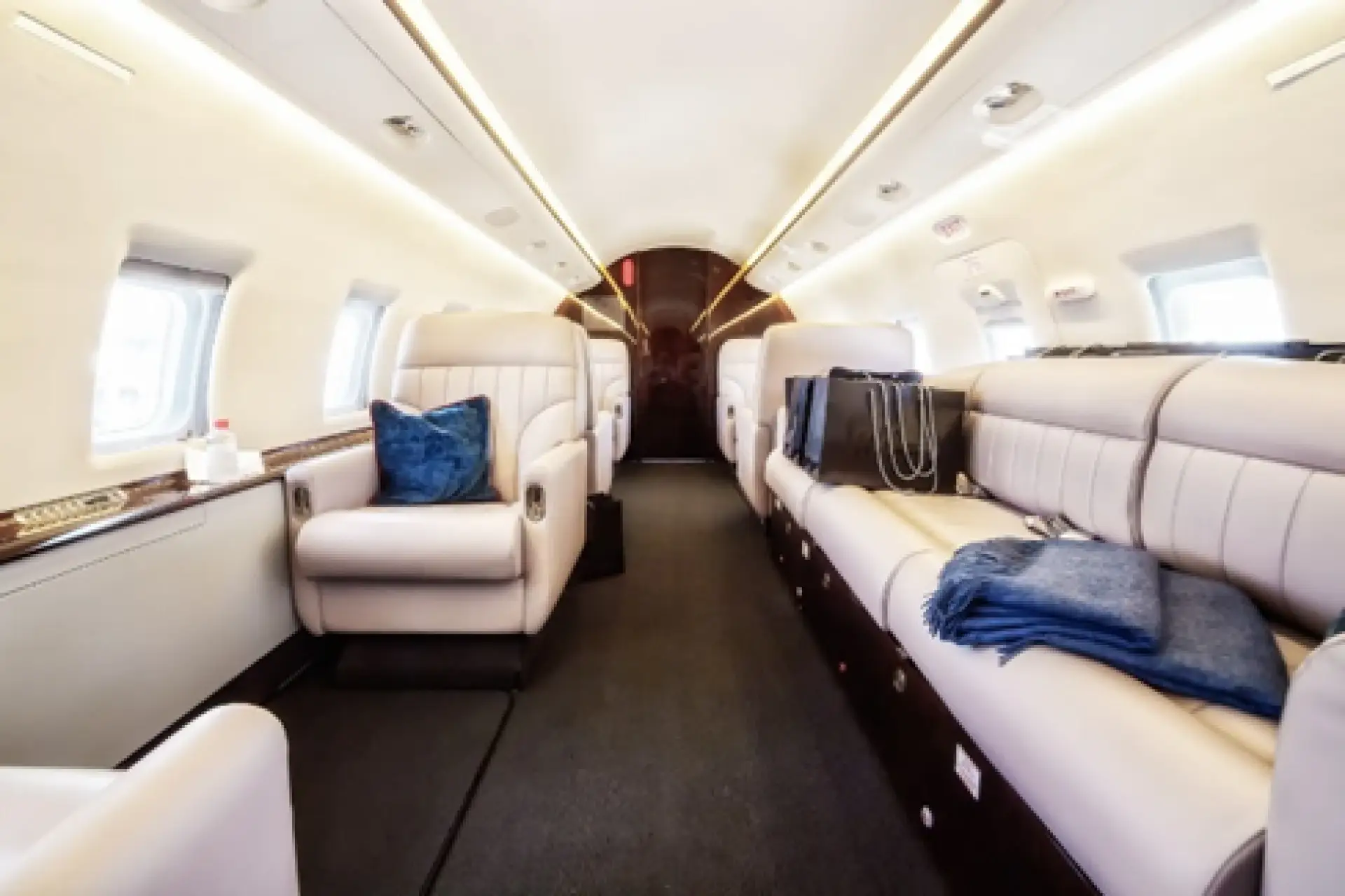
The world of private aviation has seen remarkable progress and transformation over the past decade, pushed by a combination of technological advancements, changing consumer preferences, and an increasing want for personalized journey experiences. This observational research article delves into the landscape of private plane companies, exploring their providers, clientele, operational fashions, and the broader implications of this sector inside the context of fashionable travel.

The Rise of Private Aviation
Historically, private aviation was a luxury reserved for the elite, usually associated with high-internet-price people and corporate executives. However, a notable shift has occurred in recent times. The proliferation of private jet private flights charter companies, fractional possession models, and membership programs has made private flying more accessible to a broader audience. This democratization of private aviation is basically attributed to the rise of know-how platforms that streamline booking processes and improve customer experience.
Understanding the Clientele
The clientele of private plane companies (slonec.com) is diverse, starting from business executives in search of effectivity to families desiring comfort and comfort. Observations at varied airports and private terminals reveal a mixture of passengers: entrepreneurs touring for meetings, celebrities avoiding the paparazzi, and families heading to vacation locations without the hassles of economic journey.
Whereas company travel stays a big section, leisure journey has surged, with many corporations reporting increased demand for household journeys and vacation spot holidays. This shift reflects a broader trend where consumers prioritize experiences over possessions, resulting in a better willingness to invest in private travel for distinctive experiences.
Companies Provided by Private Plane Companies
Private plane companies supply a wide selection of companies tailored to meet the wants of their clientele. Charter companies permit customers to book flights on-demand, offering flexibility and comfort. Fractional ownership models enable people to purchase shares in a jet, providing an economical approach to entry private aviation without the total monetary commitment of owning a plane.
Additionally, membership programs, corresponding to those provided by companies like NetJets and Wheels Up, provide members with entry to a fleet of aircraft for a hard and fast fee, permitting for a more predictable travel finances. These packages typically include perks comparable to concierge providers, ground transportation, and entry to exclusive events, enhancing the general travel experience.
Operational Models and Innovations
The operational models of private plane companies fluctuate significantly. Some corporations own their fleets, while others operate by way of partnerships with aircraft owners or management corporations. Observations indicate that many companies are more and more focusing on sustainability, investing in newer, extra fuel-efficient aircraft and exploring various fuels to reduce their carbon footprint.
Innovations in technology have additionally played an important function in shaping the industry. On-line booking platforms and cellular applications have made it easier for purchasers to match costs, ebook flights, and handle their travel itineraries. Moreover, developments in aircraft know-how, comparable to improved avionics and cabin comfort, have enhanced the overall flying experience.
The Role of Security and Regulation
Safety stays a paramount concern in private aviation. Firms are topic to strict rules set by aviation authorities, and many go above and beyond to make sure the best safety standards. Observations at varied private terminals show that shoppers often inquire about safety data and upkeep practices earlier than booking flights.
In recent times, the COVID-19 pandemic has additional heightened awareness around safety protocols. large private jet charter company aviation companies have applied rigorous health and security measures, including enhanced cleaning protocols and social distancing practices, to reassure purchasers and maintain belief. This deal with safety has contributed to the growing enchantment of private journey throughout uncertain times.
The Financial Impression of Private Aviation
The private aviation sector contributes significantly to the worldwide economic system. According to business reports, the sector generates billions in revenue and helps thousands of jobs worldwide. Observations in key markets reveal a robust ecosystem that features aircraft manufacturers, service suppliers, and upkeep facilities, all of which rely on the continued growth of private aviation.
Moreover, private aviation has a positive influence on native economies, particularly in regions with main international private jet charter companies airports. The inflow of affluent travelers stimulates native businesses, including resorts, eating places, and tourism-associated services. This economic ripple impact underscores the significance of private aviation beyond simply transportation.
Challenges and Future Outlook
Regardless of its development, the private aviation trade faces a number of challenges. Regulatory hurdles, fluctuating gasoline prices, and environmental concerns are ongoing issues that corporations must navigate. Additionally, as the market becomes extra aggressive, corporations are compelled to differentiate themselves by exceptional service and unique choices.
The way forward for private aviation seems to be promising, with continued innovation and evolving consumer demands shaping the business. As extra individuals seek personalised travel experiences, private plane companies are prone to adapt by expanding their providers and embracing new applied sciences. Electric and hybrid aircraft are on the horizon, doubtlessly revolutionizing the sector by offering extra sustainable travel options.
Conclusion
The panorama of private plane companies is a dynamic and evolving sector that reflects broader developments in journey and shopper habits. As private aviation turns into more and more accessible, the industry is poised for continued development, pushed by innovation, security, and a commitment to enhancing the journey expertise. Observations counsel that private aviation will remain a key participant in the travel industry, catering to a diverse clientele and adapting to the ever-changing calls for of modern travelers. As this sector continues to evolve, it is going to be fascinating to witness how private plane companies respond to challenges and opportunities within the years to come.







